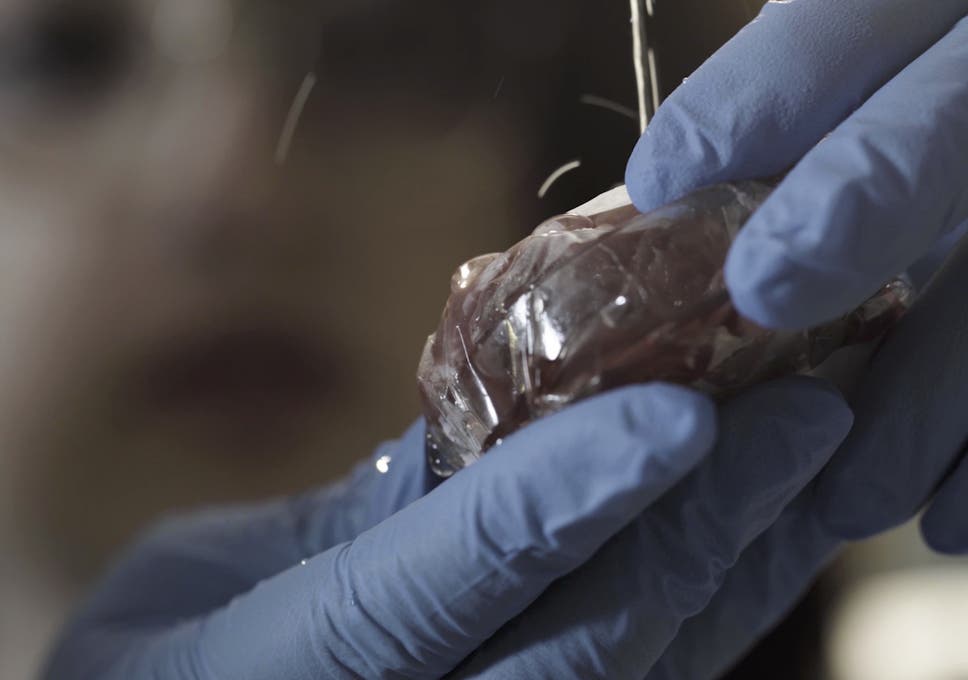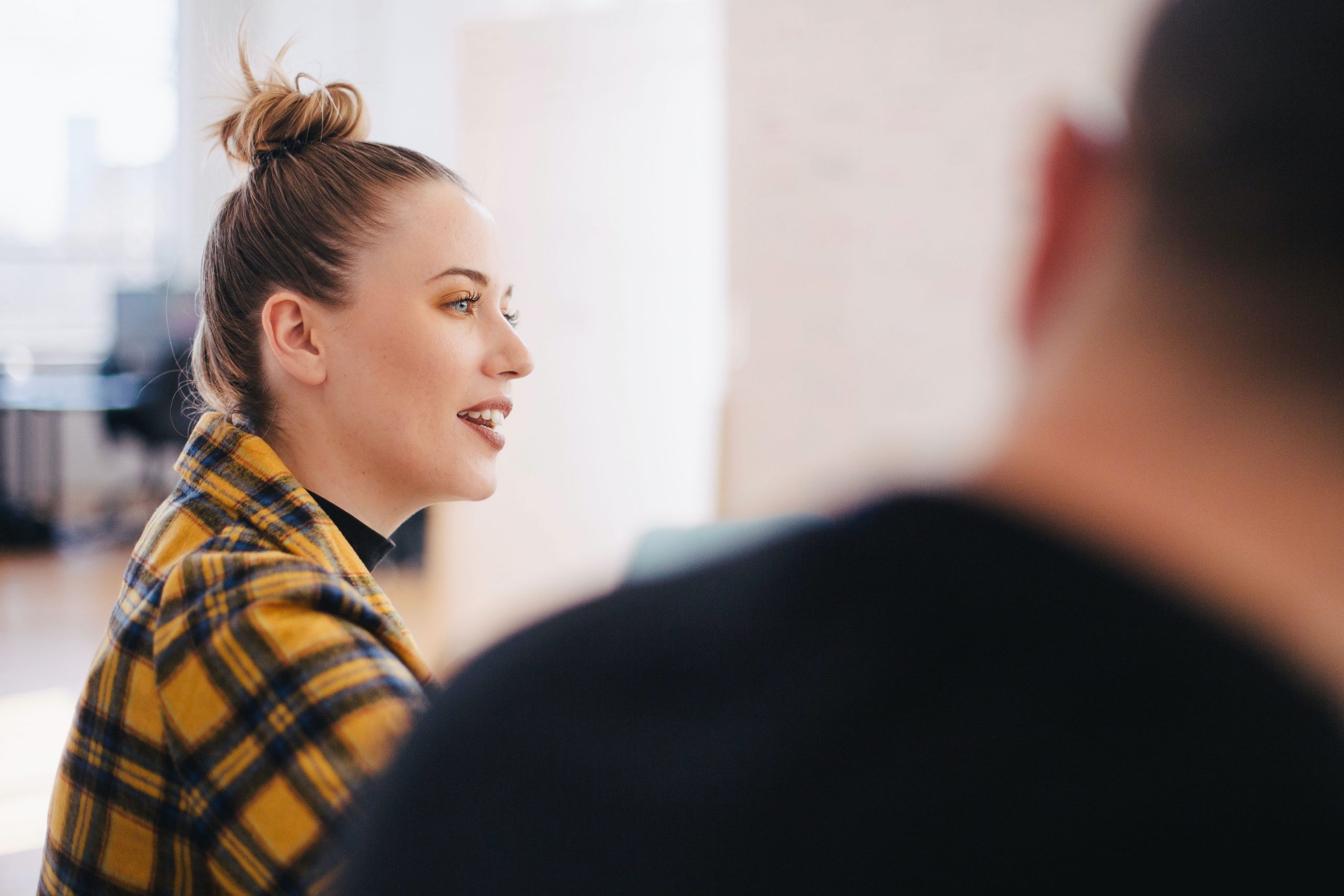

Breakthrough self-cleaning plastic repels all forms of bacteria including MRSA, scientists say
 Upper- advanced
Upper- advanced
2020/08/21 16:13
1.repels (v)
(of a material) to not allow a substance to be absorbed into it
2. wrap (n)
material that is used to cover or protect objects
3. shrink (v)
to become smaller, or to make something smaller
4. textured (adj)
having a surface that is not smooth but with a raised pattern
5. exclude (v)
to prevent someone or something from entering a place or taking part in an activity
6. settings (n)
the position of a house or other building
Breakthrough self-cleaning plastic repels all forms of bacteria including MRSA, scientists say

A breakthrough self-cleaning plastic surface that repels all forms of bacteria, including superbugs like MRSA, could help prevent the transfer of dangerous microbes in settings ranging from hospitals to kitchens.
The new plastic surface – a treated form of conventional transparent wrap – can be shrink-wrapped onto door handles, railings, intravenous stands and other surfaces known to be magnets for bacteria such as MRSA and C. difficile.
The treated material is also ideal for food packaging, the researchers said, where it could be used to help stop the accidental transfer of bacteria such as E. coli, salmonella and listeria from raw chicken, meat and other foods.
The research, by academics at McMaster University, Canada, was inspired by the water-repelling leaves of the lotus plant.
The surface is textured with microscopic wrinkles that exclude all external molecules. A drop of water or blood, for example, simply bounces away when it lands on the surface. The same is true for bacteria.
The surface is also treated chemically to further enhance its repellent properties, resulting in a barrier that is flexible, durable and inexpensive to reproduce.
The researchers tested the material using two of the most troubling forms of antibiotic-resistant bacteria: MRSA and Pseudomonas, with the collaboration of Eric Brown of McMaster’s Institute for Infectious Disease Research.
The team verified the effectiveness of the surface by capturing electron microscope images showing virtually no bacteria could transfer to the new surface.
The researchers are now aiming to develop commercial applications for the wrap.
Resource: https://www.independent.co.uk/news/science/self-cleaning-plastic-bacteria-repellent-mrsa-nhs-a9245811.html

- What two things did the article say the plastic could prevent?
- What happens to the plastic before it covers things?
- What kind of equipment did the article say the plastic could cover?
- What did the article say happens to water that doesn’t sit on leaves?
“All essential oils have some kind of antibacterial properties, so they can be incorporated into your home-cleaning routine.”
Amy Leigh Mercree


